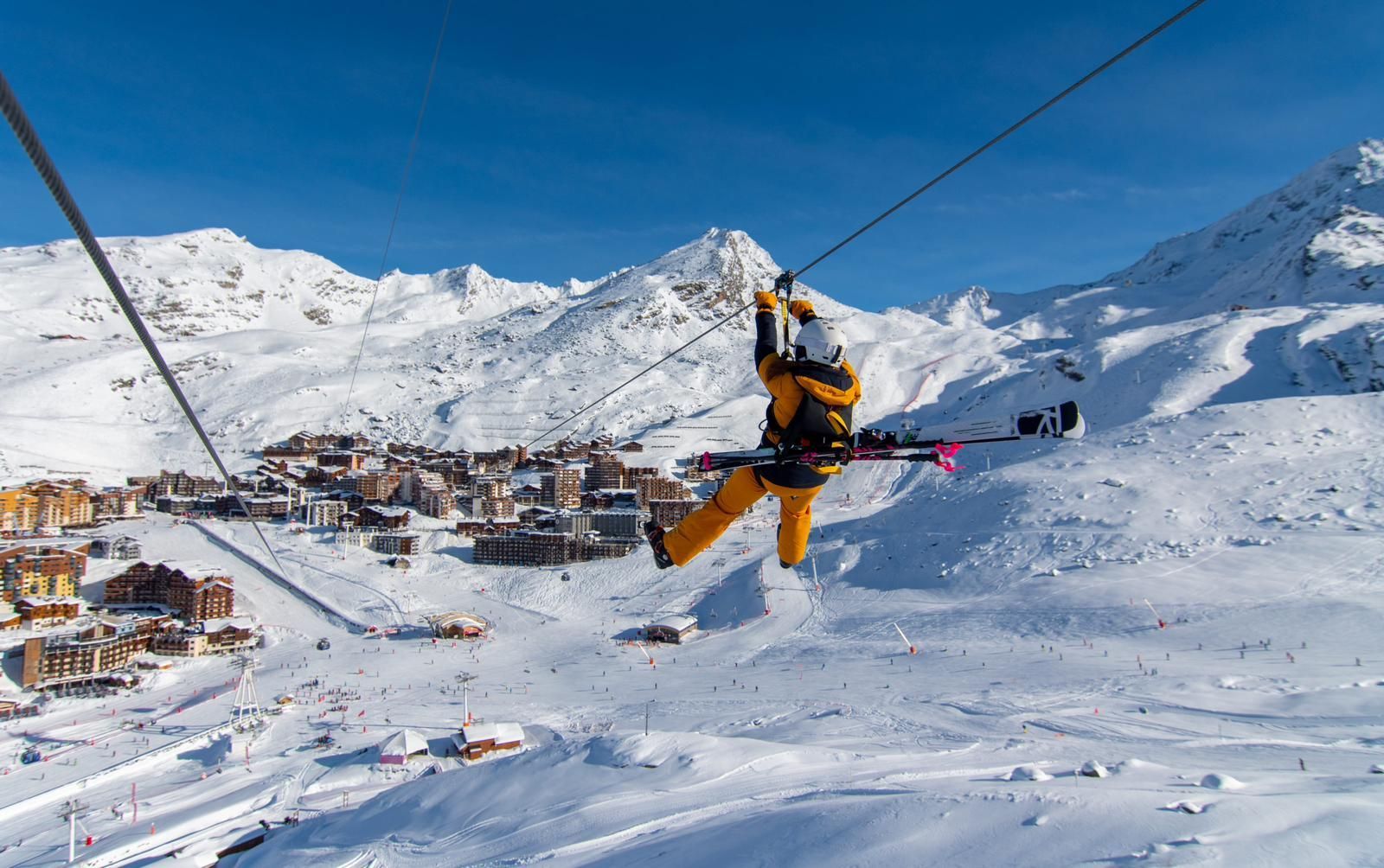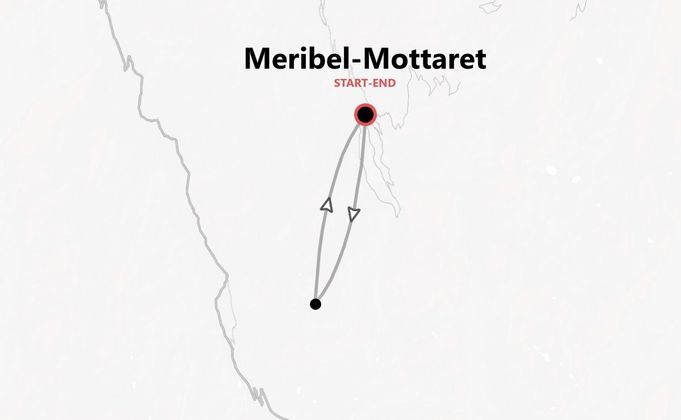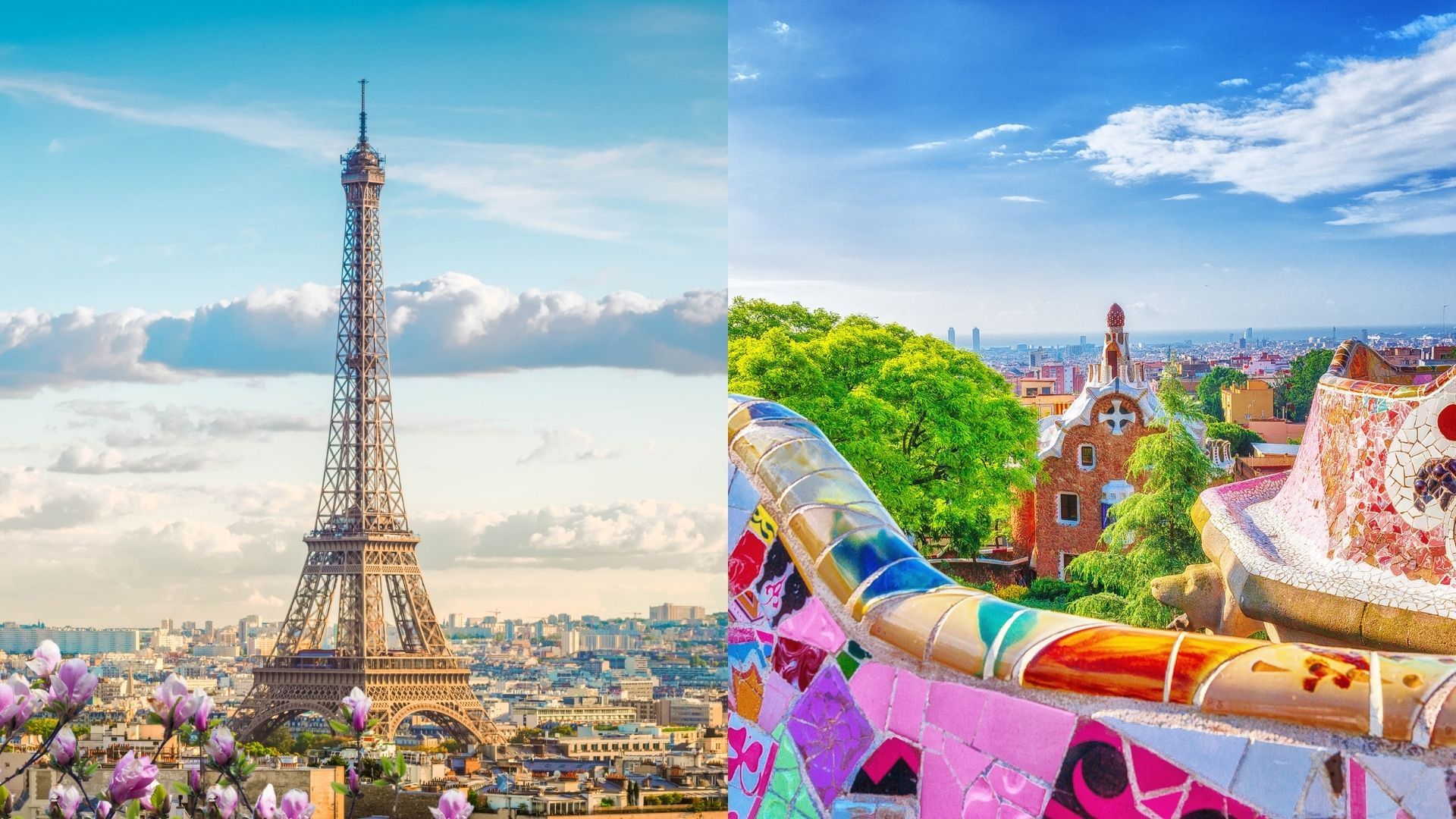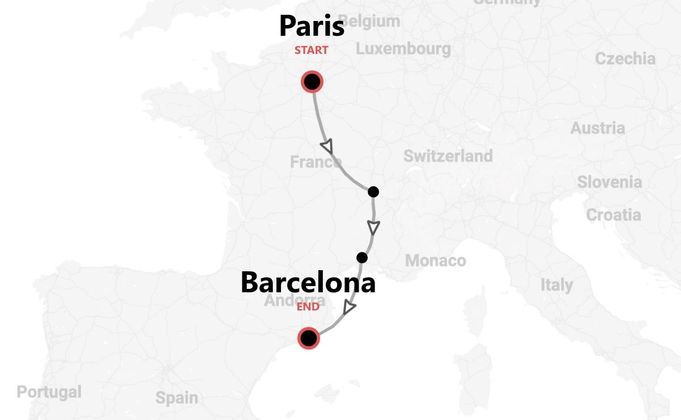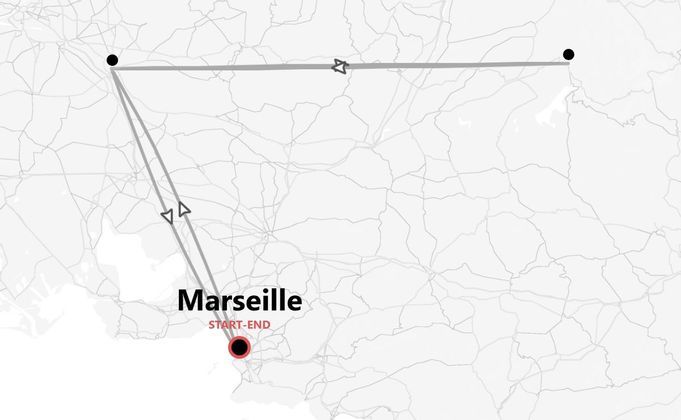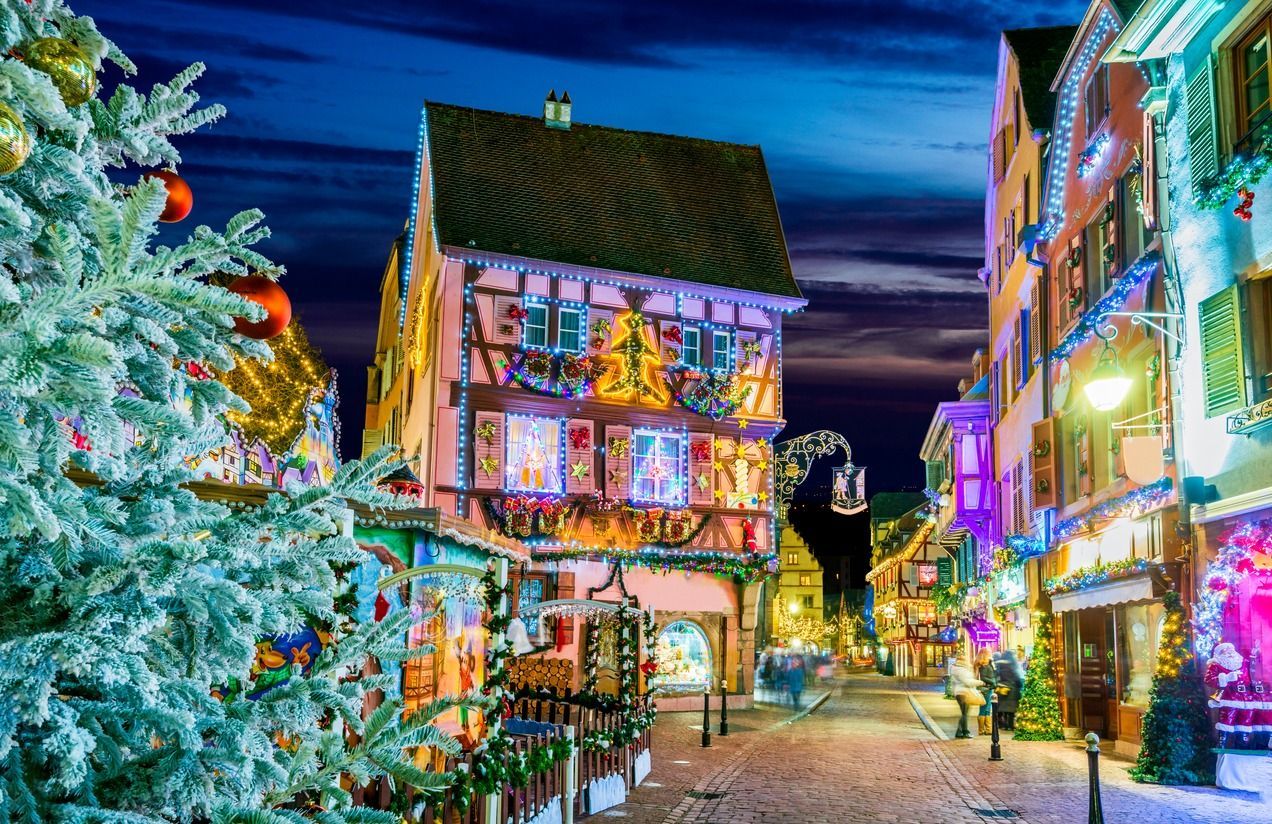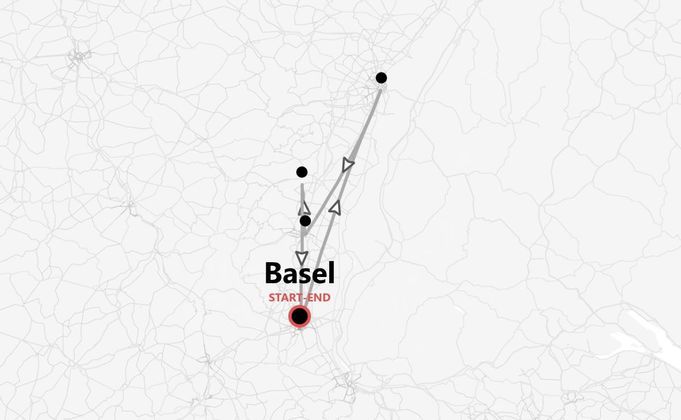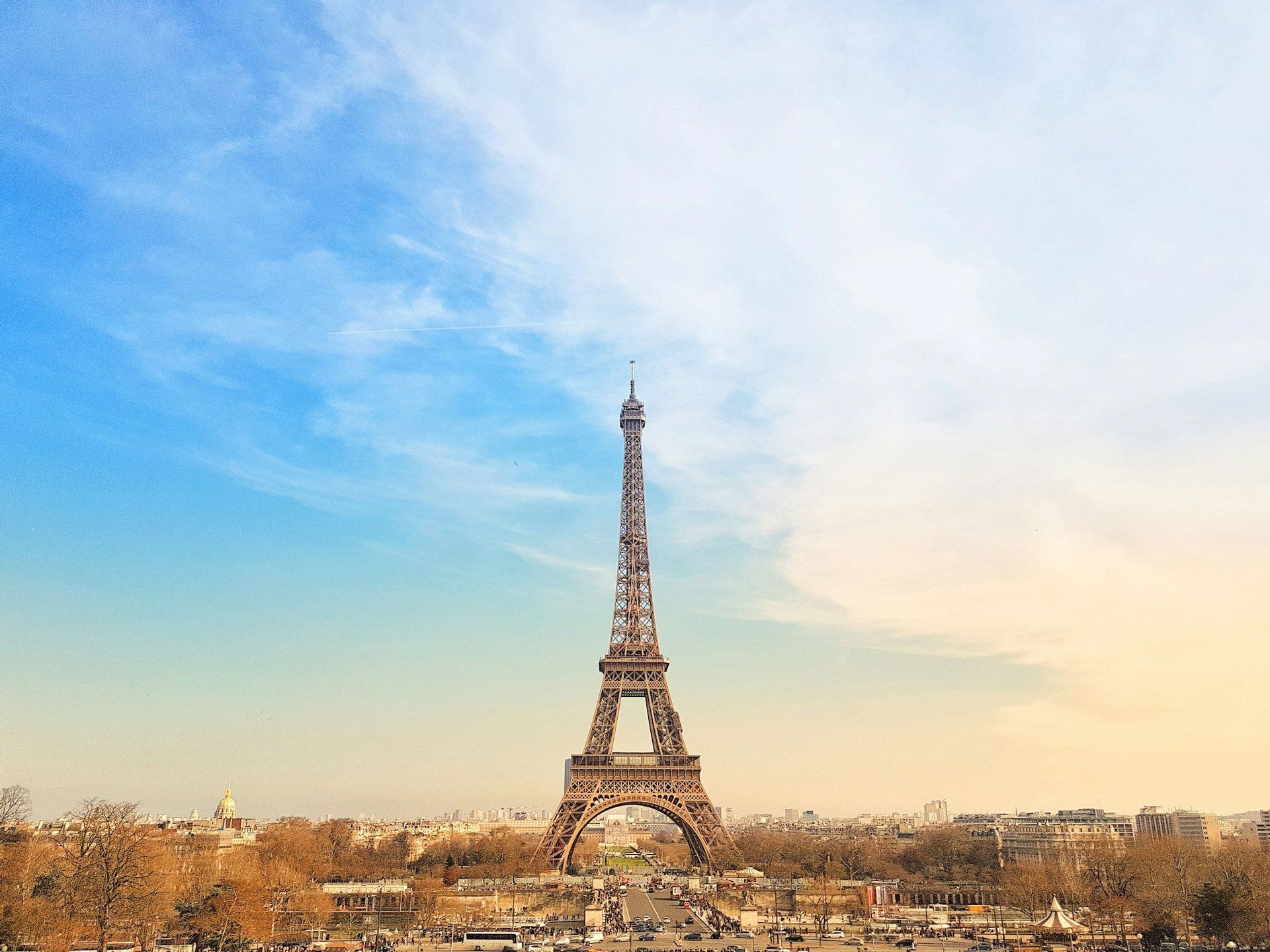
Group trips to France
Our organized trips to France
While its name conjures images of timeless elegance, France is a captivating realm that constantly reinvents itself, offering a journey through artistic masterpieces, culinary innovation, and breathtaking natural wonders. Wander the storied streets of Paris, where history breathes alongside cutting-edge fashion, or discover the majestic fortified city of Carcassonne, a UNESCO gem frozen in time. Lose yourself in the sun-drenched, fragrant lavender fields of Provence, a feast for the senses. France awaits the discerning explorer, ready to enchant with its boundless charm and diverse beauty, promising an unforgettable tapestry of experiences.
FAQs about France
If you are a UK citizen, to find out the entry requirements for France, you can check this informational page from our partner Sherpa. If you need a visa, you can apply for it through Sherpa. If you are not a UK citizen, you can still use Sherpa by changing the nationality in the 'Passport' section.
Before traveling, always remember to check the government website of your country of origin for updates on the entry requirements for France – you wouldn’t want to stay home due to a bureaucratic detail!
- UK residents: review the FCDO Travel Advice.
- US residents: consult the US Department of State Travel Advice.
- Other residents: refer to your government or local consulate's travel advice.
France operates on Central European Time (CET), which is UTC+1. During daylight saving time, from the last Sunday in March to the last Sunday in October, it shifts to Central European Summer Time (CEST), which is UTC+2.
If it is 12pm in the UK, it will be 1pm in France during standard time and 2pm during daylight saving time.
If it is 12pm in New York, USA, it will be 6pm in France during standard time and 7pm during daylight saving time.
Keep this in mind when planning your activities!
France uses the Euro (EUR) as its currency. The exchange rates are approximately:
- 0.87 GBP
- 1.07 USD
- 1 EUR for the Euro
You can exchange currency at banks, currency exchange offices, and sometimes in hotels. ATMs are widely available for cash withdrawals.
In France, you can use credit cards, debit cards, and cash for payments. Most shops, restaurants, and hotels accept major credit cards like Visa and Mastercard. Contactless payments are widely accepted, making it easier to pay for small purchases with a tap. It's a good idea to carry some cash for smaller markets and local shops that might not accept cards. ATMs are available throughout the country, so withdrawing cash is convenient if needed. Always inform your bank of your travel plans to avoid any issues with your cards.
Tipping in France is not obligatory since service charge is typically included in your bill at restaurants, cafes, and bars. However, if you receive exceptional service and want to show appreciation, you can leave a small tip. A few euros or rounding up the bill is common. For taxis, rounding up to the nearest euro or leaving a couple of euros as a tip is appreciated. In hotels, a euro or two for the porter or housekeeping is a nice gesture. Remember, tipping is always optional and based on your satisfaction with the service.
In France, if you're from a European or Schengen country, you can easily use your roaming plan without additional charges. If you're from outside Europe, we suggest you consider buying a local SIM or an e-SIM data plan. Popular providers include Orange and SFR. Wi-Fi is widely available in France, especially in cities. You'll find free Wi-Fi in cafes, restaurants, hotels, and even some public spaces, making it easy to stay connected during your travels.
In France, the official language is French. Here are a few useful expressions you might hear or use:
- Hello: Bonjour
- Thank you: Merci
- Please: S'il vous plaît
- Yes: Oui
- No: Non
French is widely spoken throughout the country, and knowing a few basic phrases can be helpful during your travels.
In France, you'll find Type C and Type E plugs. Both have two round pins, but Type E also has a hole for the grounding pin. The voltage is 230V, and the frequency is 50Hz. If your devices use a different plug type, we suggest bringing a universal adapter to ensure compatibility.
The main religion in France is Christianity, with the majority of Christians being Roman Catholic. However, France is a secular country, and there's a significant number of people who identify as non-religious. Other religions practiced in France include Islam, Judaism, and Buddhism.
Important religious holidays include:
- Christmas on December 25th
- Easter, which varies each year
While religious practices are diverse, France's secularism means public life is generally separate from religious affiliations.
For your trip to France, packing smartly is key. Here's a handy list to help you get organized:
-
Clothing:
- Light layers for varying weather
- A warm sweater or jacket
- Casual and smart-casual outfits
- Scarf for style and warmth
-
Shoes:
- Comfortable walking shoes
- Stylish yet comfy shoes for evenings
- Sandals for warmer days
-
Accessories and Technology:
- Universal adapter
- Portable charger
- Camera or smartphone for photos
- Travel guide or map
-
Toiletries and Medication:
- Basic toiletries like toothbrush, toothpaste
- Sunscreen and moisturizer
- Pain relievers, antihistamines
- Prescription medication if needed
This list should cover the essentials for a pleasant stay in France.
France has a diverse climate, so the weather can vary depending on the region and time of year:
- Paris and Northern France: Mild and rainy winters, cool and wet summers. Best time to visit is from May to September.
- Southern France (Provence, Côte d'Azur): Warm, dry summers, mild winters. Best time to visit is from May to October.
- Eastern France (Alsace, Lorraine): Cold winters with snow, warm summers. Best time to visit is from June to September.
- Western France (Brittany, Normandy): Mild, wet weather year-round. Best time to visit is from May to September.
- The Alps: Cold winters with heavy snow, making it great for skiing, mild summers. Best time to visit for skiing is December to March, for hiking is June to September.
